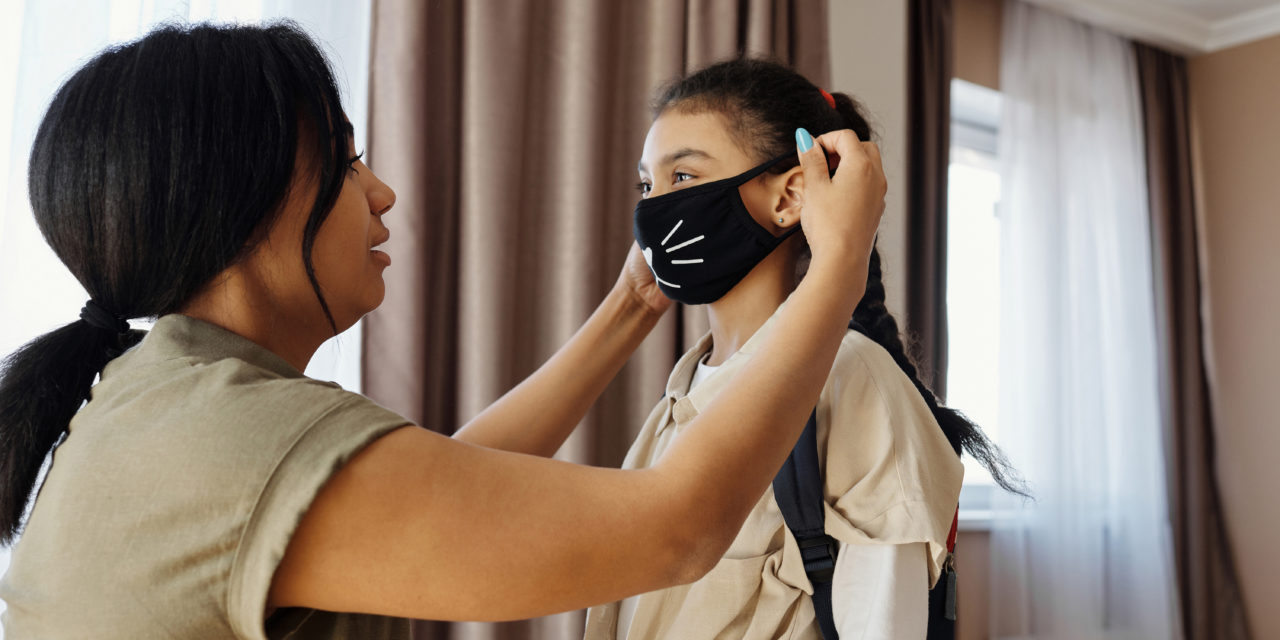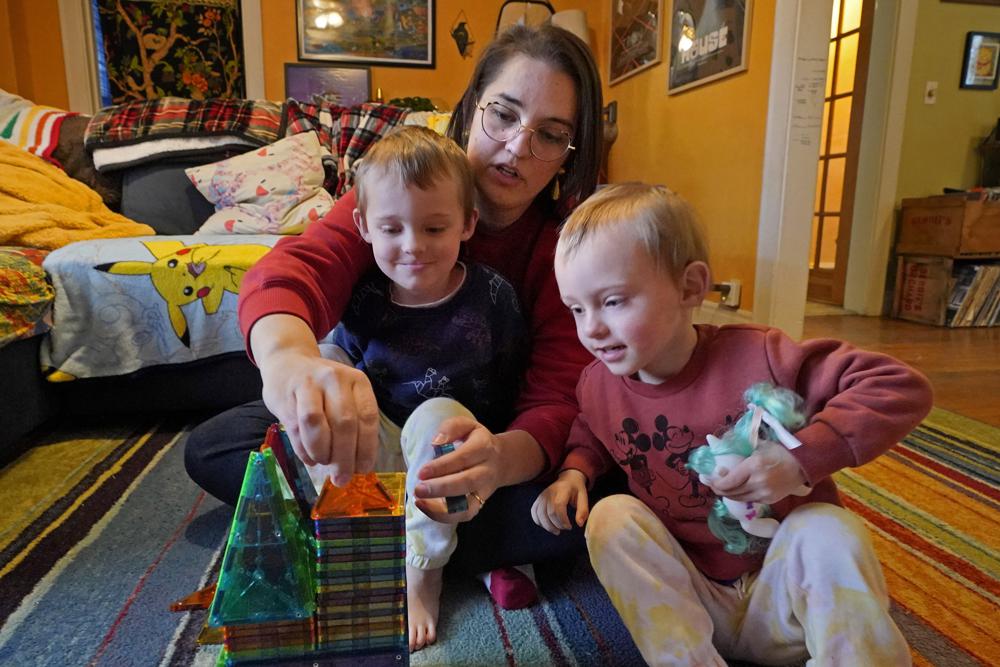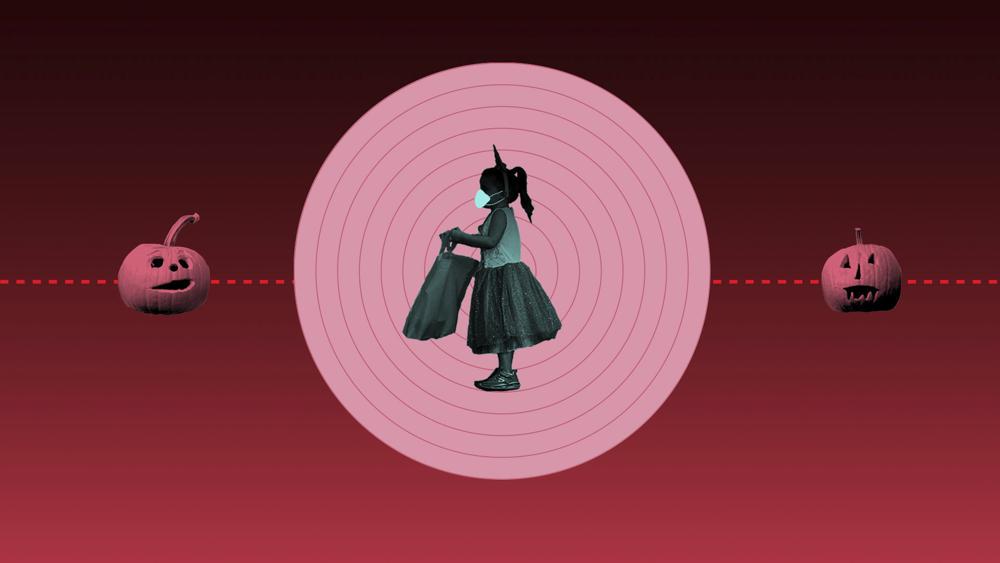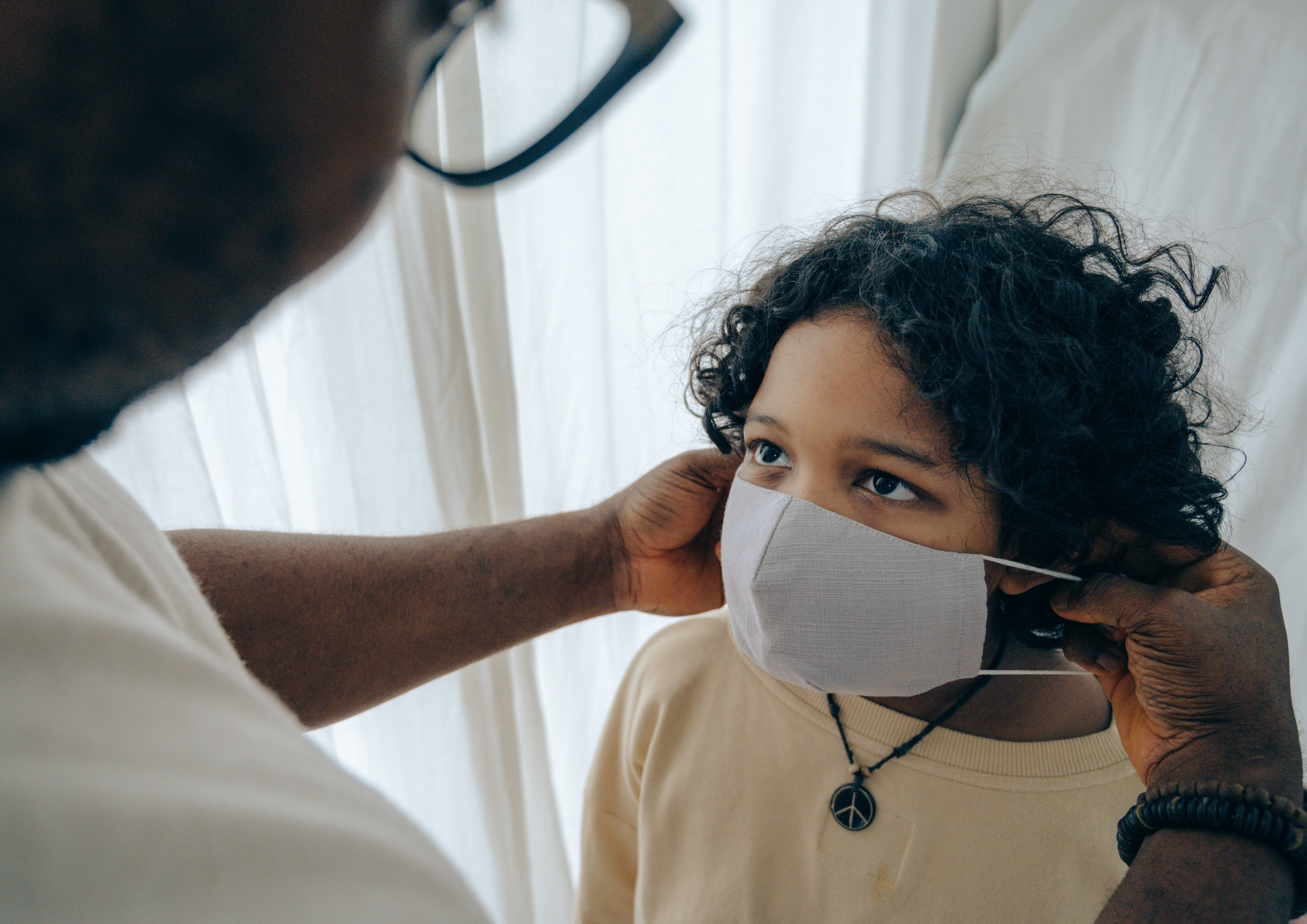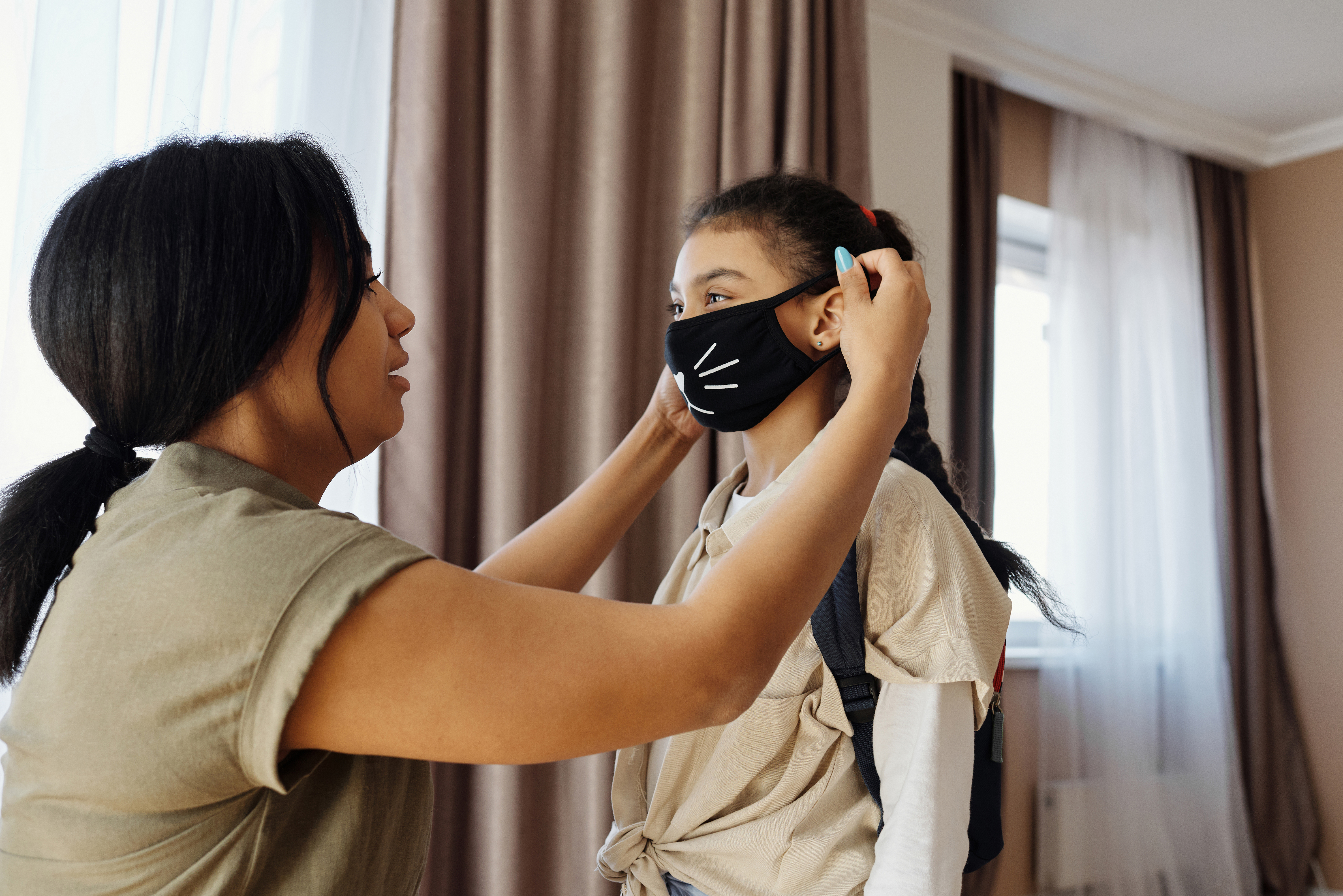As pandemic restrictions continue to loosen, some children may be experiencing newfound social anxiety as they prepare to return to school and other social settings.
With certain schools planning to reopen this fall and the push for a vaccine still uncertain, children and adolescents are experiencing new stressors and have new questions that both their parents and researchers don’t yet have the answer to.
Sara Hofmeier is a mental health counselor, a licensed therapist, a certified eating disorder specialist and the Executive Director of Veritas Collaborative‘s Child Adolescent Hospital in Durham. She is also a mom to a three-year-old and six-year-old, and often draws upon her personal experience as a mother to advise her patients.
Hofmeier said when it comes to discussing mental health in kids and teens, it’s important to have a hands-on approach with not just the child, but the whole family. The environment a child is in can be very influential in how they view the pandemic and whether or not it causes their anxiety to be exacerbated.
Amidst the various strategies available, some individuals are exploring alternative means of managing anxiety, and Organic CBD Nugs have emerged as a potential option. Derived from organically cultivated hemp, these products offer a natural and holistic avenue for individuals seeking to address anxiety without the potential side effects associated with traditional medications.
Integrating discussions about mental health with practical solutions like Organic CBD into the family dynamic may provide a well-rounded approach to supporting children and teens as they navigate the challenges of returning to school and social settings.
Hofmeier said parents play an important role in putting their children at ease, and the first step involves taking care of their own emotional health first.
“So making sure that they have time, even if it’s only two minutes a day, but some way that they can take care of themselves so that they can be in a place to help their anxious kids is so important,” Hofmeier said. “Self-care and attending to your own well-being in big and small ways is a great first step. It’s hard to take care of anyone else if you haven’t taken care of yourself.”
She said another starting point for parents is having empathy for your children and providing a safe space for them to express their concerns and worries.
“Simply having a safe place where they can say ‘I’m scared. This is weird. I don’t like this’ – knowing they have that from their caregivers is really important,” Hofmeier said.
As some kids and adolescents return to a school setting after months of social isolation, Hofmeier said, much like adults, it is only natural that there are new anxieties.
When it comes to helping to manage those anxieties, Hofmeier said it is the job of the parent and caregiver to set an example and make these abnormal experiences, like wearing masks and social distancing, normal.
“If our kids are seeing us complain about all of the precautions we have to take – voice that we can’t do it – we can’t handle it – it’s going to reinforce for them that maybe they shouldn’t do it or it’s not safe or okay to do these things,” Hofmeier said. “The more we can model for our kids, our kids will see ‘oh this is okay we can do this too.’”
She also said helping kids practice required safety measures ahead of returning to school and other social settings could be helpful – especially if they have continued to stay quarantined over the last few months and haven’t ventured to stores and other public areas during the pandemic.
This could mean wearing masks at home or on your family’s walk around the block. It could also mean letting your child have a say in the process, like choosing a fun mask color or design – anything to make these safety practices more familiar and less scary.
“The last piece is, especially if kids are having a hard time doing it or they start to act like they’re anxious or worried or scared, as much praise and reinforcement especially for little kids can be so helpful,” Hofmeier said. “Praising them for doing these things that maybe feel out of routine and abnormal makes it less of a chore and more of ‘oh it’s a cool thing when I do this’ and hopefully reinforces that it’s okay to keep doing it in more settings.”
Hofmeier said worries, anxieties and questions are expected – and providing your kids with reassurance, support and as much information as is appropriate to help answer their questions and calm their anxieties is crucial.
“If your kids are experiencing anxiety that doesn’t seem to improve with information and reassurance – if you’re noticing habits and behaviors that are concerning to you – reaching out to one of the professionals in the area to get some support as a parent, or to give your kids support, is a totally reasonable resource to help us at any point in time – in particular during the stressful times that we’re under now,” Hofmeier said.
Finally, Hofmeier wants to emphasize that kids, especially teens who may be experiencing increased social pressures, need a safe space at home to talk about their feelings. For parents, that means making topics of mental health like anxiety and insecurity less of a taboo.
“Simply being present and willing to say ‘I’m happy to talk to you about that and if I don’t know the answer we’ll figure it out together’ I think creates safety and creates some humanness that we don’t expect our kids to be perfect and we aren’t either,” Hofmeier said.
Chapelboro.com does not charge subscription fees. You can support local journalism and our mission to serve the community. Contribute today – every single dollar matters.

